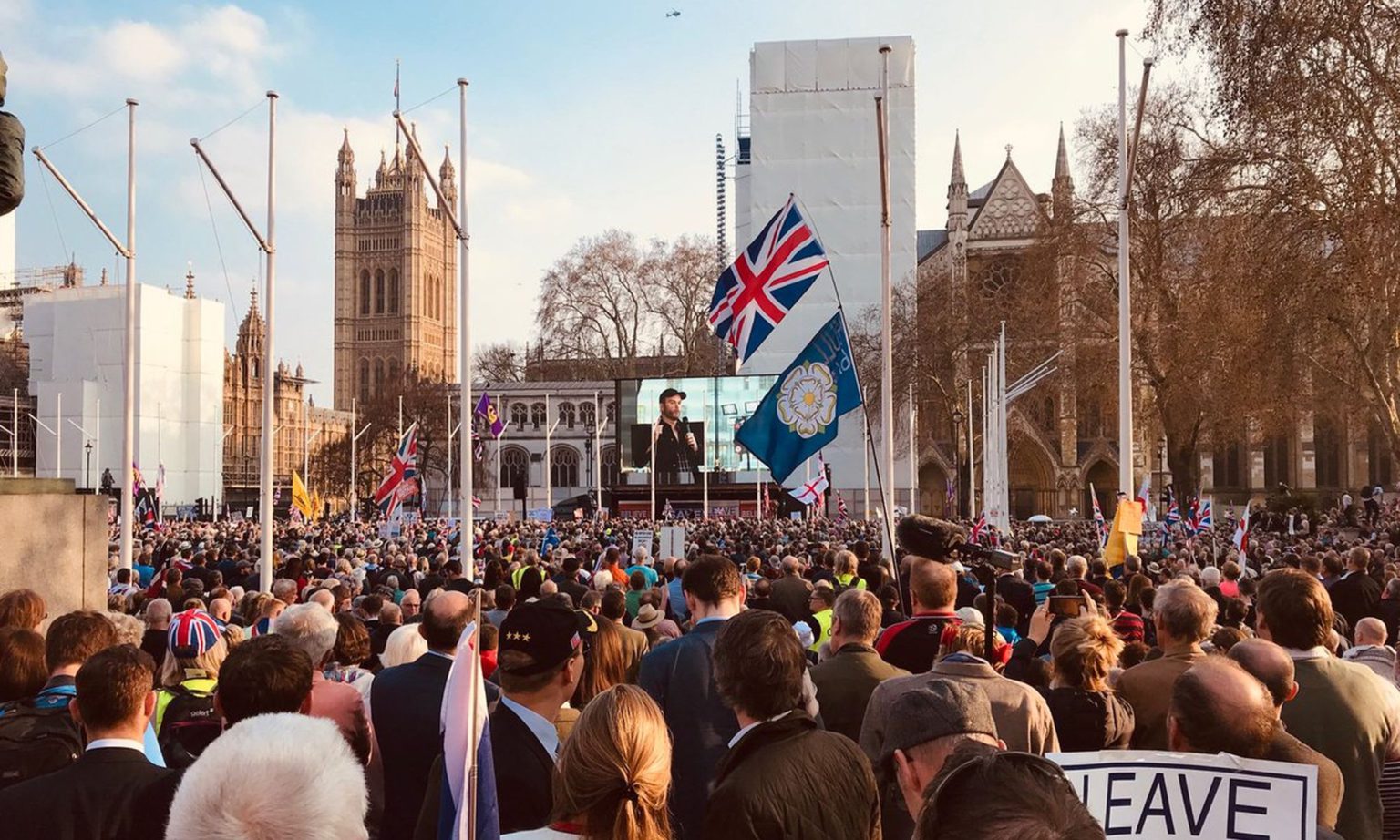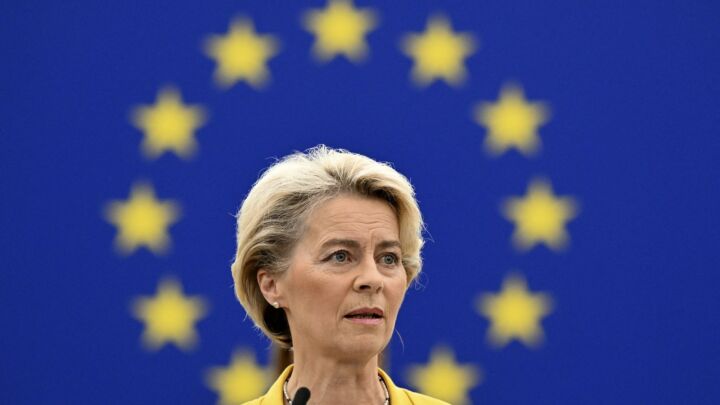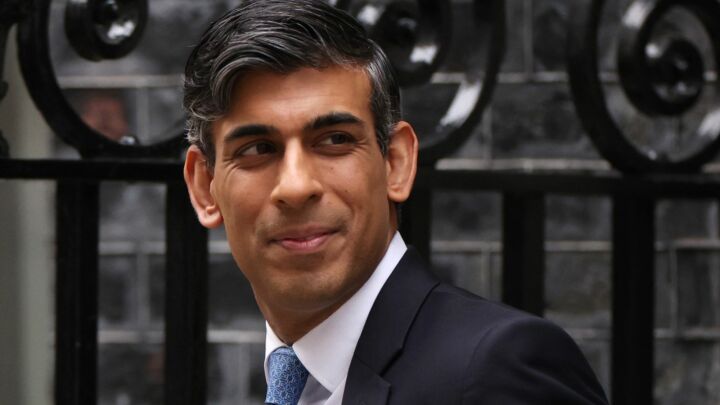A warning from Canada: don’t let the elite take back control
After the Quebec referendum, Canada’s elite drew up new constraints on democracy.

Want to read spiked ad-free? Become a spiked supporter.
For many Canadians, the word referendum still brings back memories of frightening days from 1995, when Quebec held a referendum on independence. We had no idea what was going to happen. In the end, we narrowly avoided a divorce. The ‘Remain’ side won 50.58 to 49.42 – mere decimal points away from catastrophe.
The powers that be wanted to make sure this couldn’t happen again. The fate of the country would no longer be decided by the people, but by the elite. And so a newspeak piece of legislation called the Clarity Act was passed in the Canadian parliament. It gave the House of Commons the power to determine whether or not a clear majority had expressed itself after any future referendum vote – implying some sort of supermajority might be required to overturn the status quo. MPs were given the explicit power to override referendum results, if any tenets of the Clarity Act are violated.
In other words, the House of Commons could simply decide after a vote is held and a decision is delivered that there was an insufficient majority and scuttle the whole thing. There is no clarification of how large a majority would be needed. The only clarity is that it wrestles the power from voters and puts it in the hands of the House of Commons.
Recently, I tuned in to watch the shenanigans in the British parliament. I was particularly taken aback when I heard Scottish MPs trying to cancel Brexit and asking for another Scottish independence referendum. Hypocritical, sure. But I was shocked at their complete lack of foresight.
From a practical point of view, the SNP is laying the very groundwork for any future independence referendum to be thwarted, should it ever succeed. Sure, more people in Scotland voted for Remain than Leave. But should Scotland vote to leave the UK one day, the very same arguments could easily scupper a victory for independence. Surely, the question will be asked: what exactly does independence mean? If any unforeseen financial issues crop up after the vote, the familiar refrain will return: did Scottish people know what they were voting for?
British voters, especially those in Scotland, should be very wary of what might result from a second EU referendum or the cancellation of Brexit. In Canada, the ability of the elite to thwart the results of future referendums was codified in law. Overturning the Brexit vote will set a dangerous precedent for democracy.
While I am a staunch unionist and don’t support Quebec independence, it is not up to me. The people of Quebec should be the ones to decide whether or not they want to be part of Canada. It should not be decided by the thumbs up or thumbs down of the elite after the vote has happened. If Britain follows Canada down this path, then voting in referendums will become a pointless exercise.
Michael Scott is the editor of an upcoming book on Canadian Confederation.
Picture by: Getty.

Help spiked fight for Brexit
Make a donation today
Celebrate 25 years of spiked!
A media ecosystem dominated by a handful of billionaire owners, bad actors spreading disinformation online and the rich and powerful trying to stop us publishing stories. But we have you on our side. help to fund our journalism and those who choose All-access digital enjoy exclusive extras:
- Unlimited articles in our app and ad-free reading on all devices
- Exclusive newsletter and far fewer asks for support
- Full access to the Guardian Feast app
If you can, please support us on a monthly basis and make a big impact in support of open, independent journalism. Thank you.







Comments
Want to join the conversation?
Only spiked supporters and patrons, who donate regularly to us, can comment on our articles.